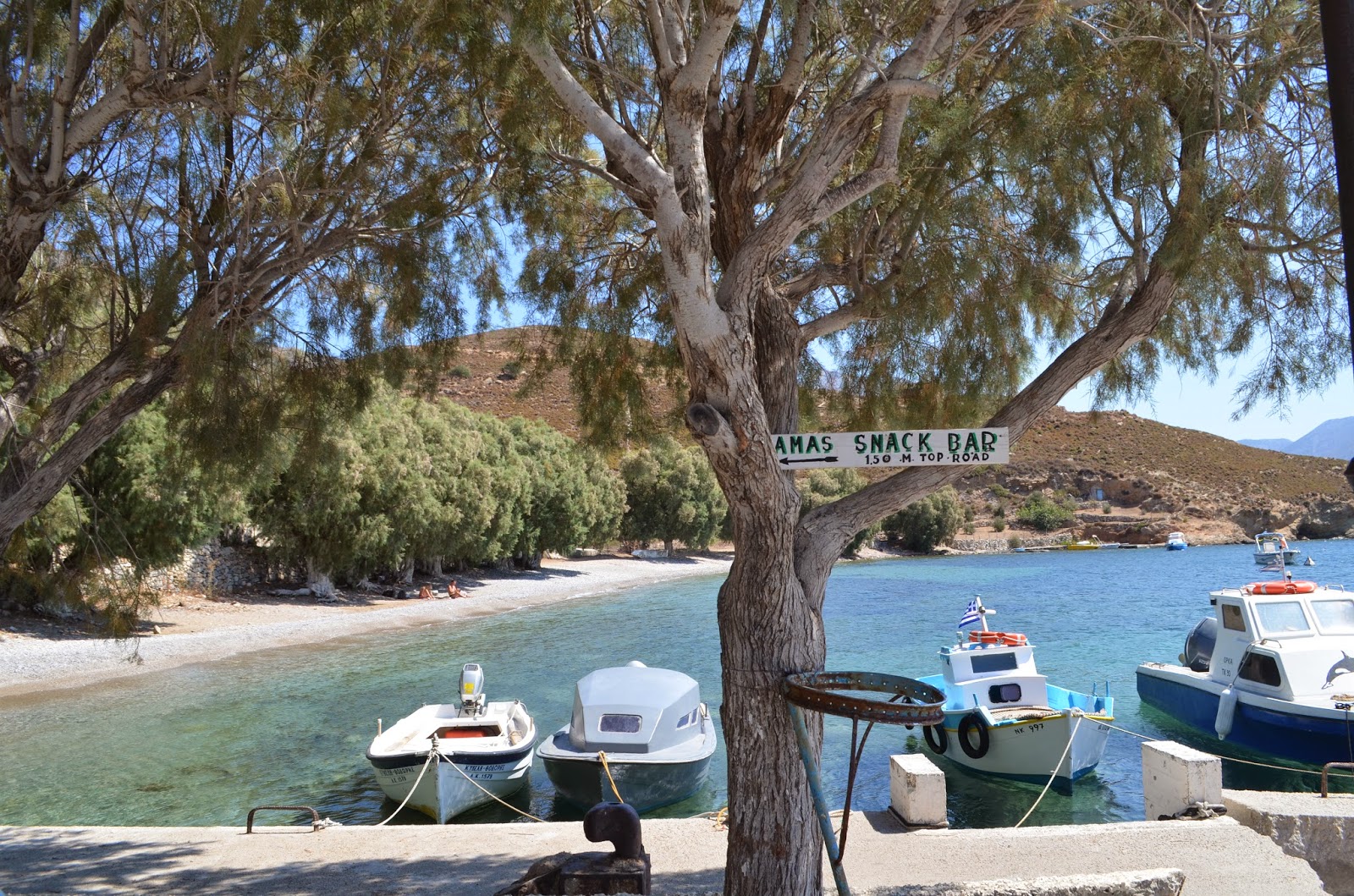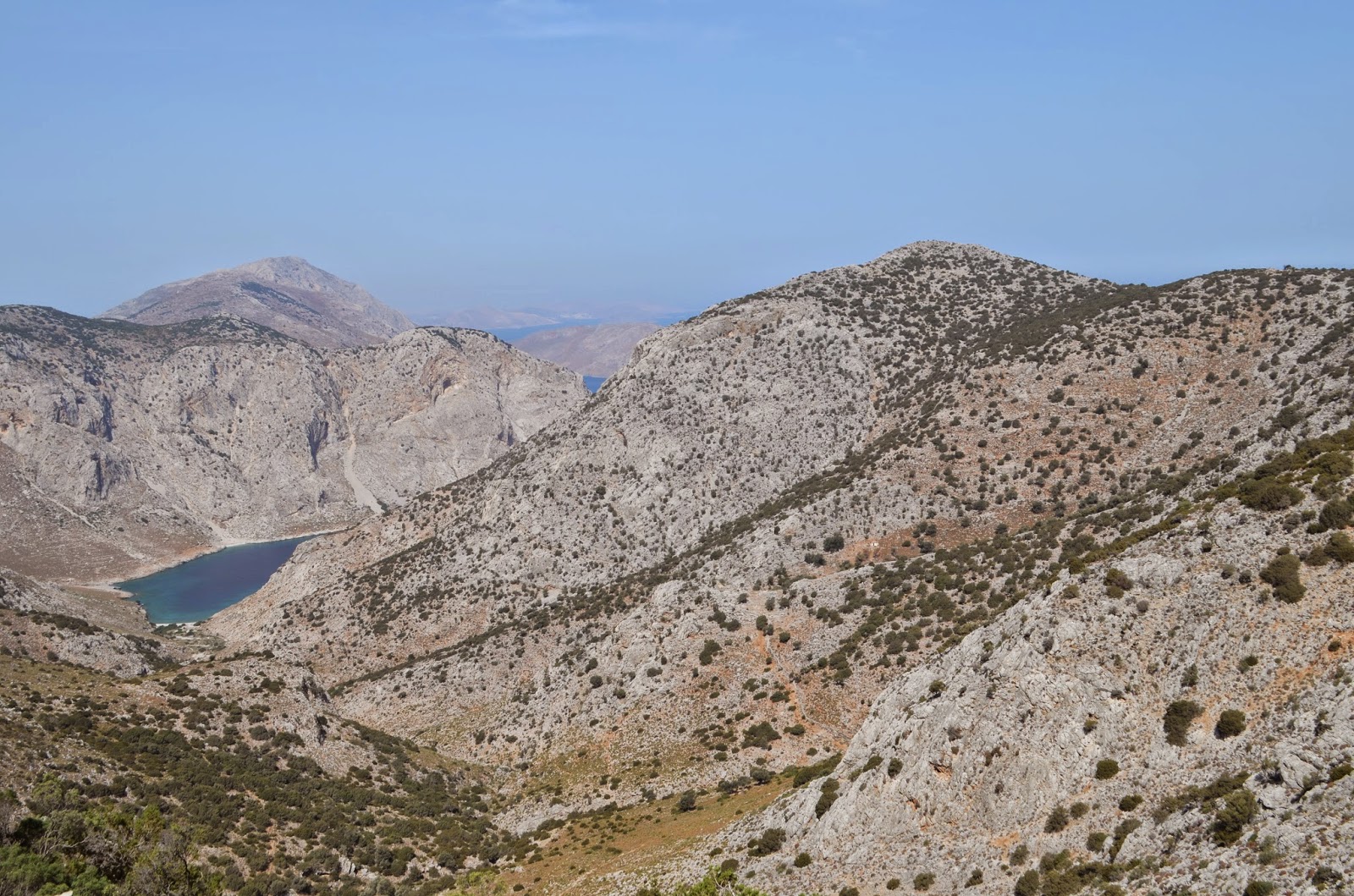A few weeks ago I had the pleasure of spending my summer vacation on the Greek island of Kalymnos. It's a fairly small island, one hour by ferry off Kos, known for natural sponges and mountain climbing. Now, personally, I don't have a need for either of these, but that didn't stop me from having a lovely and relaxing time. The weather was perfect, and the combination of hills and sea remains one of the most impressive images for me. Greek people were as friendly as I remembered, the food still delicious and the sea as clear as could be.
For whatever reason, I feel connected to Greece. I don't know if there is something more meaningful behind it, but actually, I think it makes perfect sense. The Greeks are the founders of almost everything that makes us human. They are one of the oldest civilizations in the western hemisphere, so in a way we all have a little bit of Greek in us. The language is beautiful and fragments, sometimes even entire words, can be found in a lot of other languages. As cheesy as this sounds, going to Greece feels like doing something good for my soul. It brings a kind of tranquility, like tracing something back to its inception, that's hard to duplicate.
Apart from all of that, it simply is a beautiful country. The day before I left, my roommate and best friend asked me what Greece is like. I told her the first thing that came to my mind: 'It smells different.' I'm sure, every country, or city even, smells different. (I wrote a little something about this before here) But Greece is special. Just by leaving the airport in Kos and taking that first deep breath I knew where I was. It's the combination of the warm, slightly humid and sunny air, mixed with saltiness, dirt, and herbs - brought by the breeze that's usually a constant present.
We spent our days driving around the island, stopping at viewpoints or by the beach, swimming in the sea, eating all the local delicacies, soaking up the sun and generally living the island life. It reset my inner peace and balance. It also became clear to me, once again, that I am a 'Stadtkind' (city-child). I need everything that makes a city what it is in order to survive. Now, I'm not saying that I couldn't enjoy the peaceful country life for some time, but in the long run, I need the business and the overall vibe a city creates. Kalymnos wasn't void of people, but often we were alone on a certain beach, at a church or museum, or at any other site. This added an almost hypnotizing feeling to an already enchanting experience. I leave you with some photos in an attempt to recreate the magic for you all! Enjoy!


























